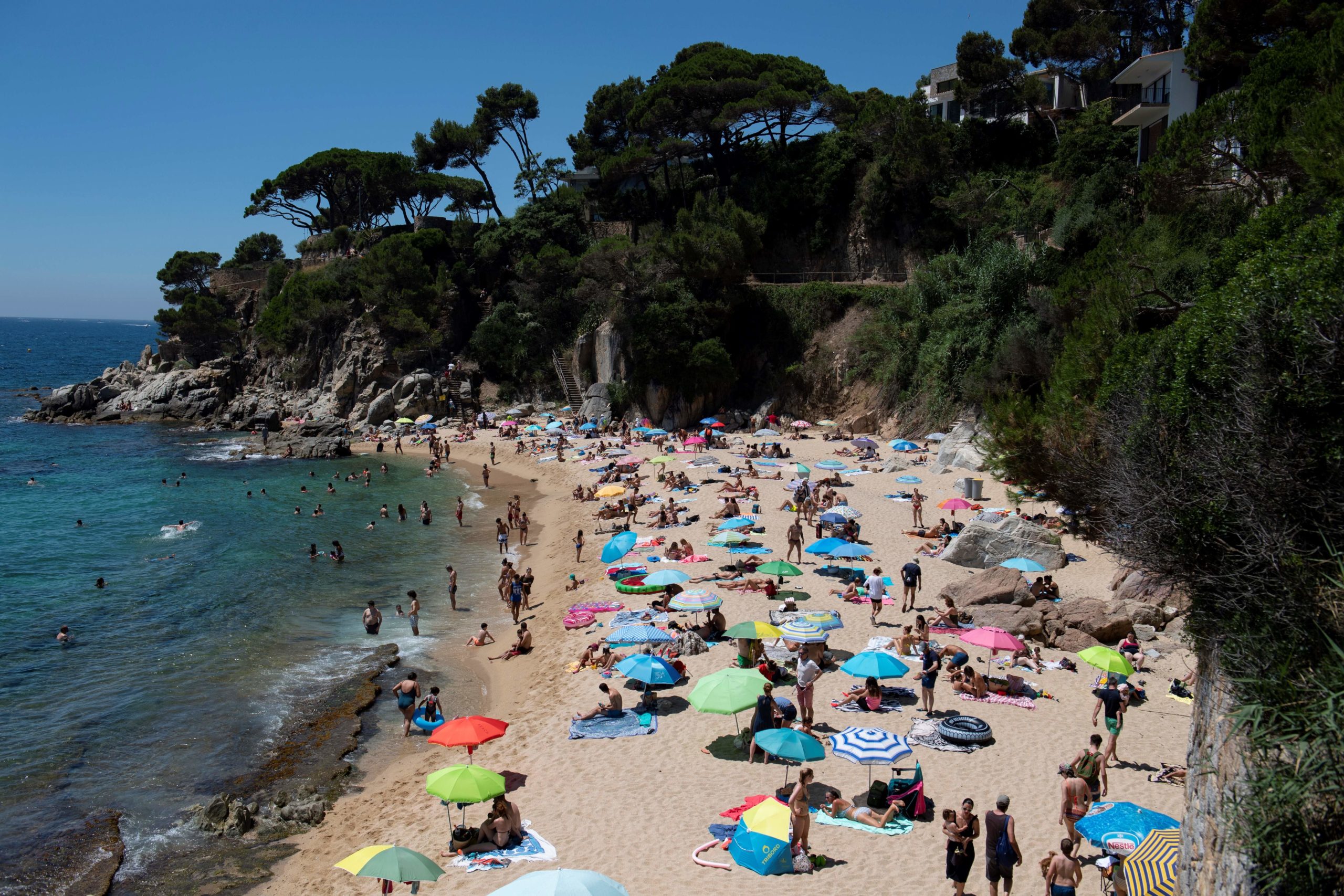The European Commission had choice words on Wednesday for citizens and countries two weeks before August holidays: Now isnt the time to let your guard down against the coronavirus.
“We do not have the right to say this is too much, Im too tired, this is enough,” Health Commissioner Stella Kyriakides said when presenting the Commissions guidance on a second wave. “This would mean giving up all the sacrifices that have been made.”
Through large-scale lockdowns, European countries contained the coronavirus just in time for the summer, allowing people to plan vacations while they watch coronavirus spread in other regions — most notably the Americas.
But member countries need to get their acts together now, the Commission warned, advising countries to build up stockpiles of medical gear and boost health care capacity and testing, especially among vulnerable groups.
It also pointed to some worrying signs, such as localized outbreaks in countries like Spain, Portugal and Romania. And flu season is coming up, which already overloads health systems every year without any help from the coronavirus.
“One cannot say that a second wave is inevitable” — European Health Commissioner Stella Kyriakides
The Commission cited scenes from the spring — uncoordinated border closures, medical supply shortages and overloaded health systems — as a cautionary tale: Whether countries use this time to prepare for a second wave will determine whether the fall will become a repeat of this chaos.
“One cannot say that a second wave is inevitable,” Kyriakides said. “We need to have joint actions, and we need to be vigilant” to avoid returning to general lockdowns.
But the Commission lacks a big stick: Both health and borders are largely a member state competence.
Kyriakides, flanked by Commission Vice President Margaritis Schinas for the presentation, argued that the Commission has done its part.
The Commission created rescEU stockpiles of protective gear and medical equipment; crafted a plan to advance purchase coronavirus vaccines; and launched five joint procurement efforts.
Moreover, some of the shortcomings have been due to the member countries, not Brussels. For example, only Bulgaria has placed an order for ventilators through the EUs joint procurement contract.
To better prepare for the fall, the Commission has asked countries to run stress tests of health systems and care homes. It has also asked member countries to report what their needs are for protective gear and medical devices, and at what levels their current stockpile are. They also need to secure flu vaccines and start immunizing.
The Commissions guidance on Wednesday highlighted a number of other interventions as well: Testing is “essential,” as well as contact tracing and public health surveillance.
“Their rapid scalability is crucial to keep up with a possible progression in the pandemic and to avoid having to reinstate strict confinement measures,” the Commission wrote in its guidance document.
Interoperability for contact tracing apps needs to be a “reality” so workers and travelers can cross borders, it noted.
Read More – Source
[contf]
[contfnew]

politico
[contfnewc]
[contfnewc]























































